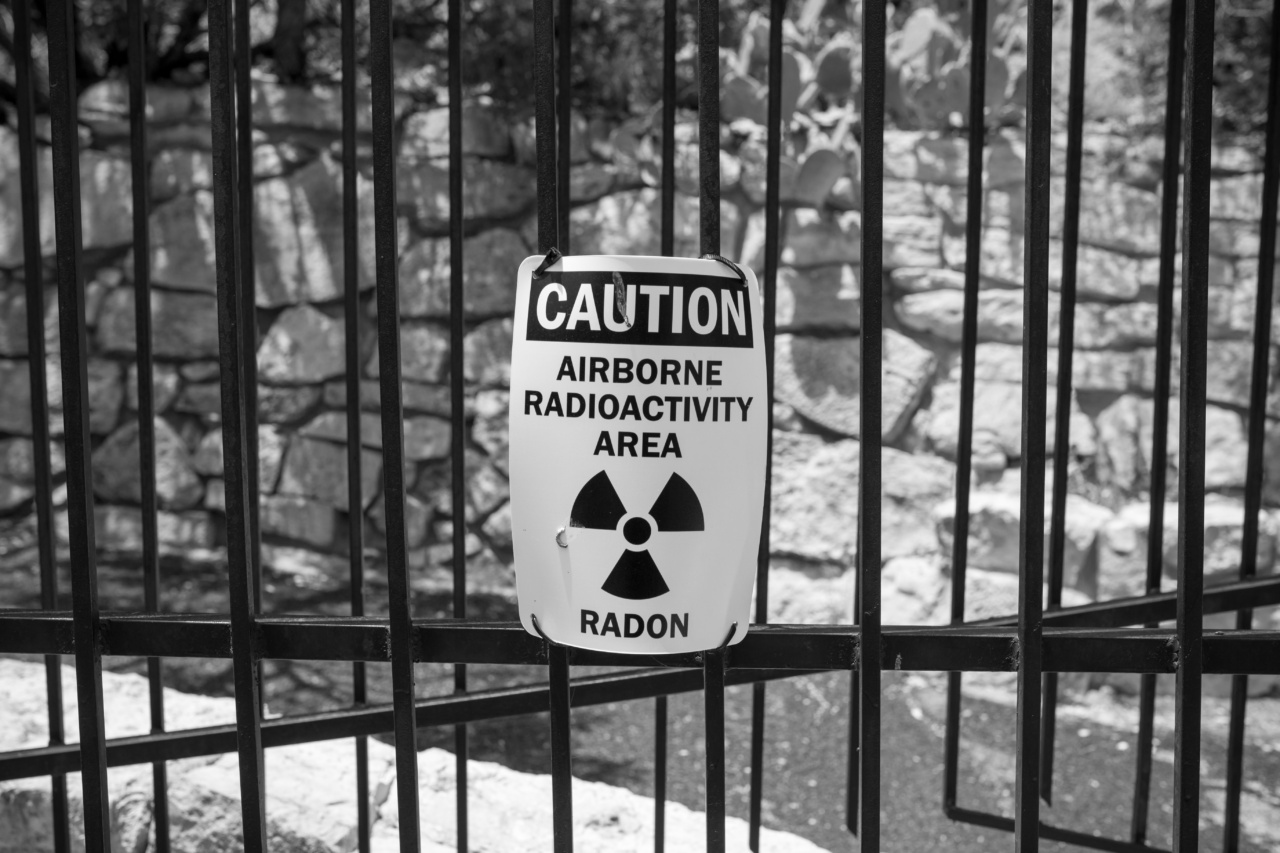A groundbreaking new study has identified a critical warning sign that may indicate the onset of dementia in individuals. This research sheds light on a previously unknown link between certain symptoms and the development of dementia later in life.
With dementia affecting millions of people globally, this discovery holds immense significance for early detection and intervention. Let’s delve into the findings of this study and understand the implications it may have on dementia diagnosis and treatment.
The Study: Uncovering the Warning Sign
In a study conducted by a team of researchers from esteemed institutions worldwide, including leading neurologists, psychologists, and geriatric experts, a new warning sign for dementia was discovered.
The study followed a large sample of individuals aged 65 and older for over a decade, monitoring their cognitive health and tracking the occurrence of dementia-related symptoms.
After analyzing the data collected over the duration of the study, the researchers identified a distinct symptom that occurred significantly more frequently in individuals who later developed dementia.
This symptom is characterized by subtle memory lapses or difficulties in recalling recent events or information.
The Significance of Memory Lapses
Memory lapses are a common occurrence in people of all ages and are often considered a normal part of aging.
However, the study revealed that individuals who experienced more frequent and noticeable memory lapses were at a higher risk of developing dementia later in life.
These memory lapses were not limited to occasional forgetfulness, such as misplacing keys or forgetting an appointment. Rather, they involved consistent difficulty in remembering recent conversations, events, or important details.
Such difficulties significantly affected the individual’s daily life, causing frustration and confusion.
The researchers noted that these memory lapses were not always immediately apparent to family members or close friends, as the affected individuals often compensated by relying on external aids like reminders or notes.
It was only through careful analysis and cognitive assessments that the researchers were able to identify this warning sign.
Early Detection for Timely Intervention
Identifying a warning sign for dementia allows for earlier detection and intervention, which can be crucial in managing the condition’s progression.
Early intervention strategies may include lifestyle modifications, cognitive training, and medication to slow down the advancement of dementia.
By recognizing the significance of memory lapses as a potential indicator of dementia, healthcare professionals can initiate targeted screenings and cognitive assessments at earlier stages.
This proactive approach will enable timely diagnosis and intervention, empowering individuals to take control of their cognitive health.
Understanding the Mechanism
While the study has established a correlation between memory lapses and dementia, the underlying mechanism behind this link remains an area of active research.
The scientists involved in the study believe that these memory issues may be early manifestations of the biological changes occurring in the brain long before dementia symptoms become prominent.
According to leading neurologists, various pathological processes, such as the accumulation of beta-amyloid plaques and tau tangles, contribute to the development of dementia.
The cognitive symptoms associated with dementia usually emerge when substantial damage to brain cells has already occurred. However, the discovery of memory lapses as an early warning sign suggests that the disease process may start much earlier than previously believed.
Promoting Brain Health
While dementia currently has no cure, there is mounting evidence that certain lifestyle modifications can help maintain brain health and potentially reduce the risk of developing the condition.
Regular physical exercise, a balanced diet, mental stimulation, and social engagement have all been identified as factors that contribute to overall brain health.
By making these lifestyle changes, individuals can potentially strengthen their cognitive reserve and enhance their chances of maintaining optimal brain function as they age.
The identification of memory lapses as a warning sign for dementia adds further weight to the importance of promoting brain health from early adulthood.
Incorporating healthy habits into daily life can have long-term benefits and potentially delay or lessen the impact of cognitive decline.
Conclusion
The discovery of memory lapses as a warning sign for dementia represents a significant step forward in the field of dementia research.
By recognizing the importance of this early symptom, healthcare professionals can initiate timely interventions and empower individuals in managing their cognitive health effectively.
It is essential to understand that occasional memory lapses are often part of the normal aging process.
However, if you or a loved one experiences consistent difficulties in remembering recent events or important details, it may be wise to consult a healthcare professional for further evaluation. Early detection and intervention offer the best chances for managing dementia and maintaining a good quality of life.






























